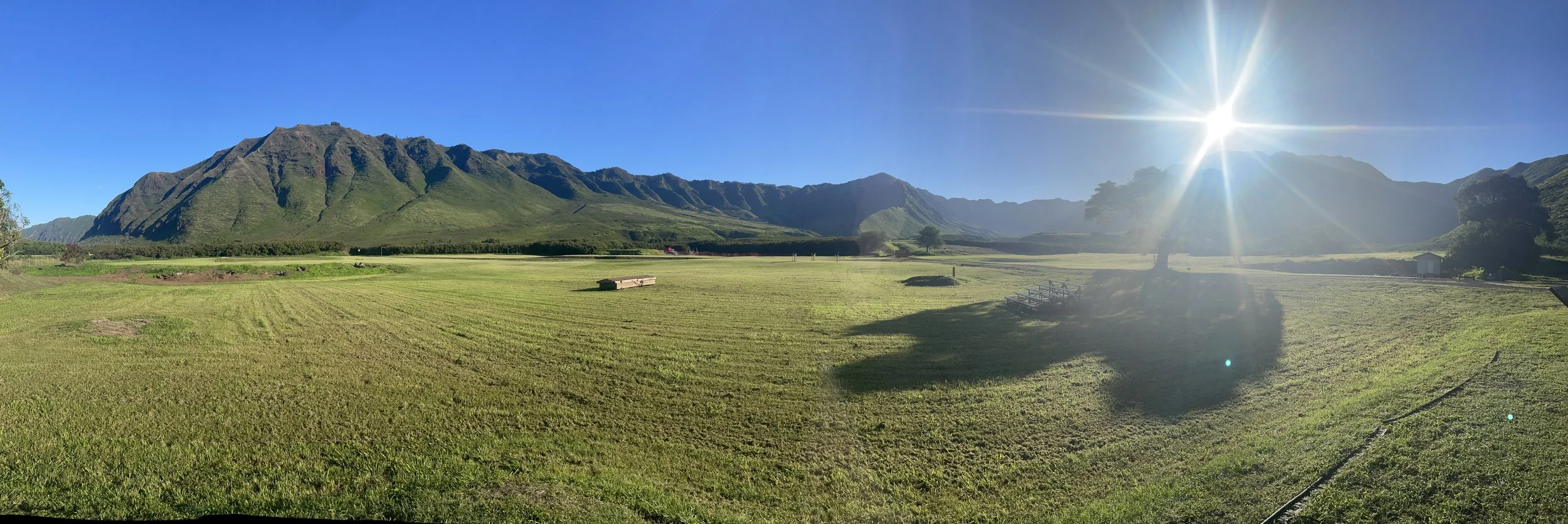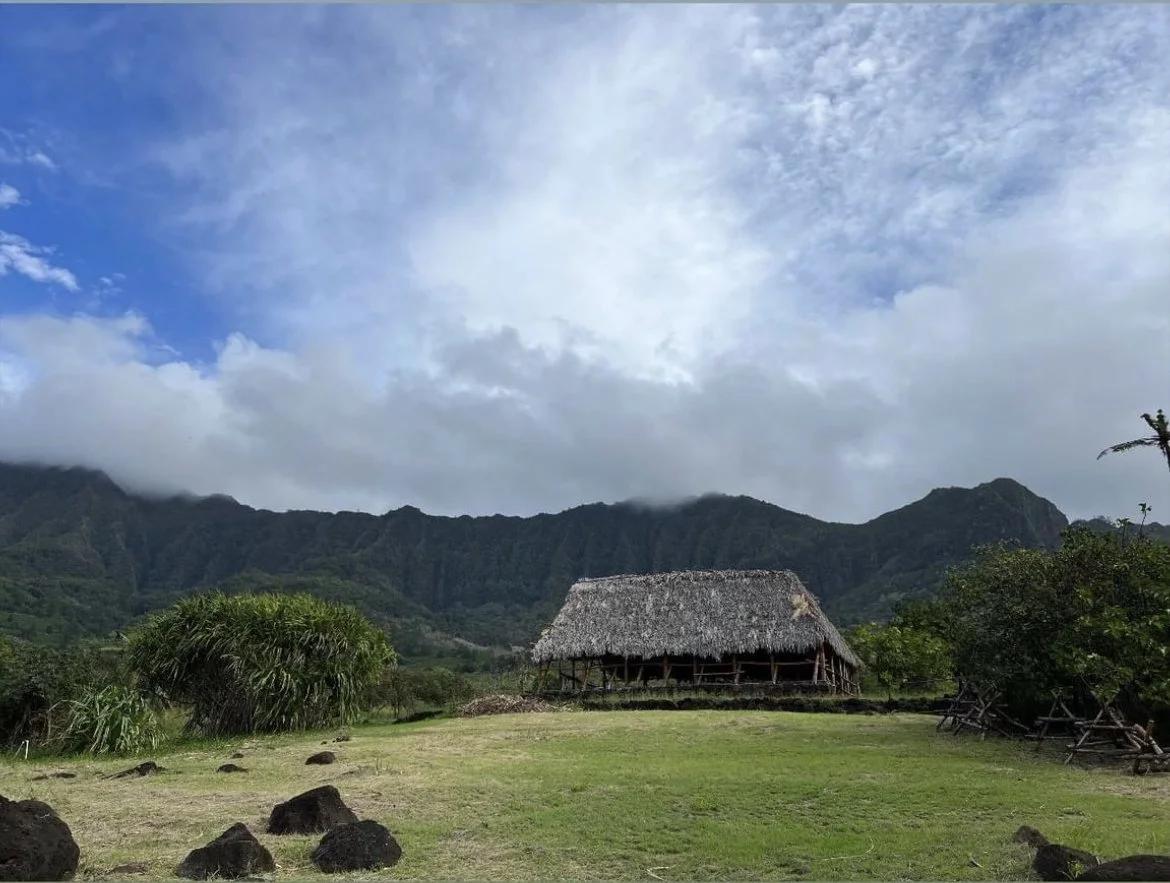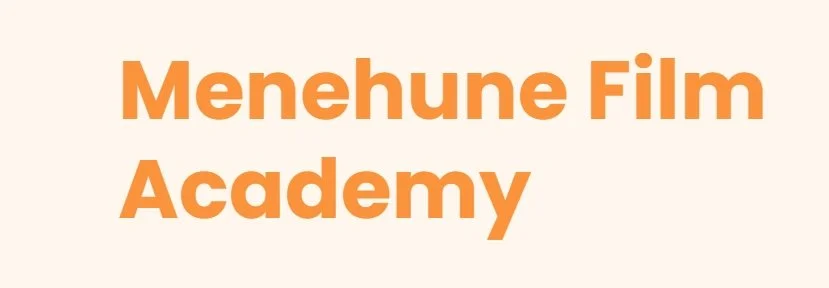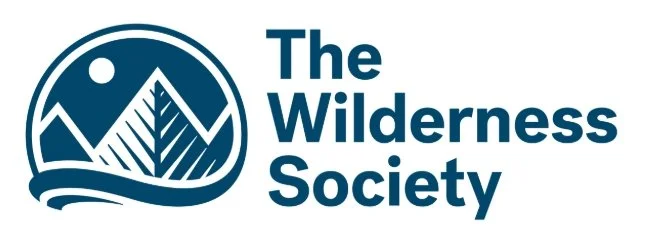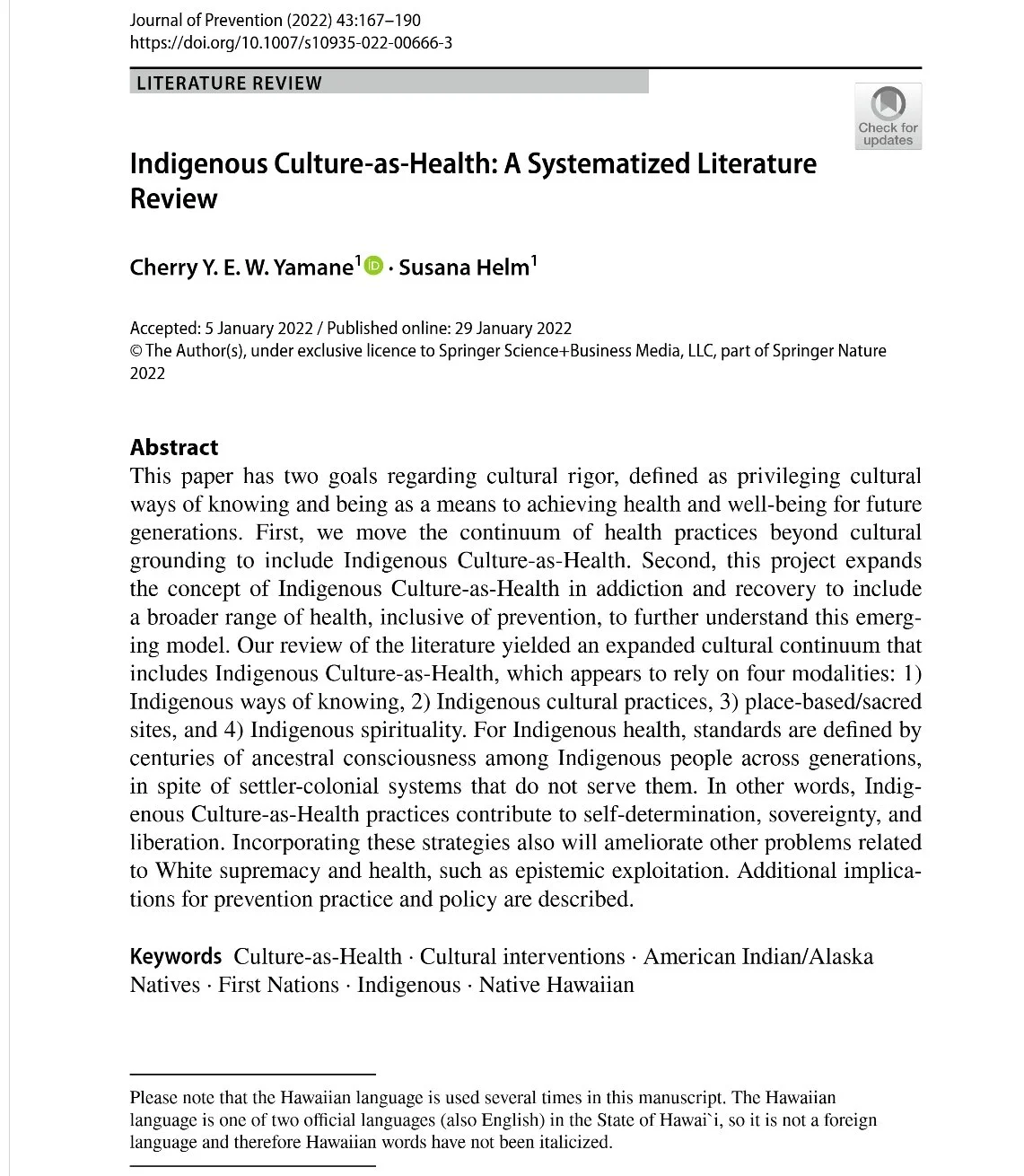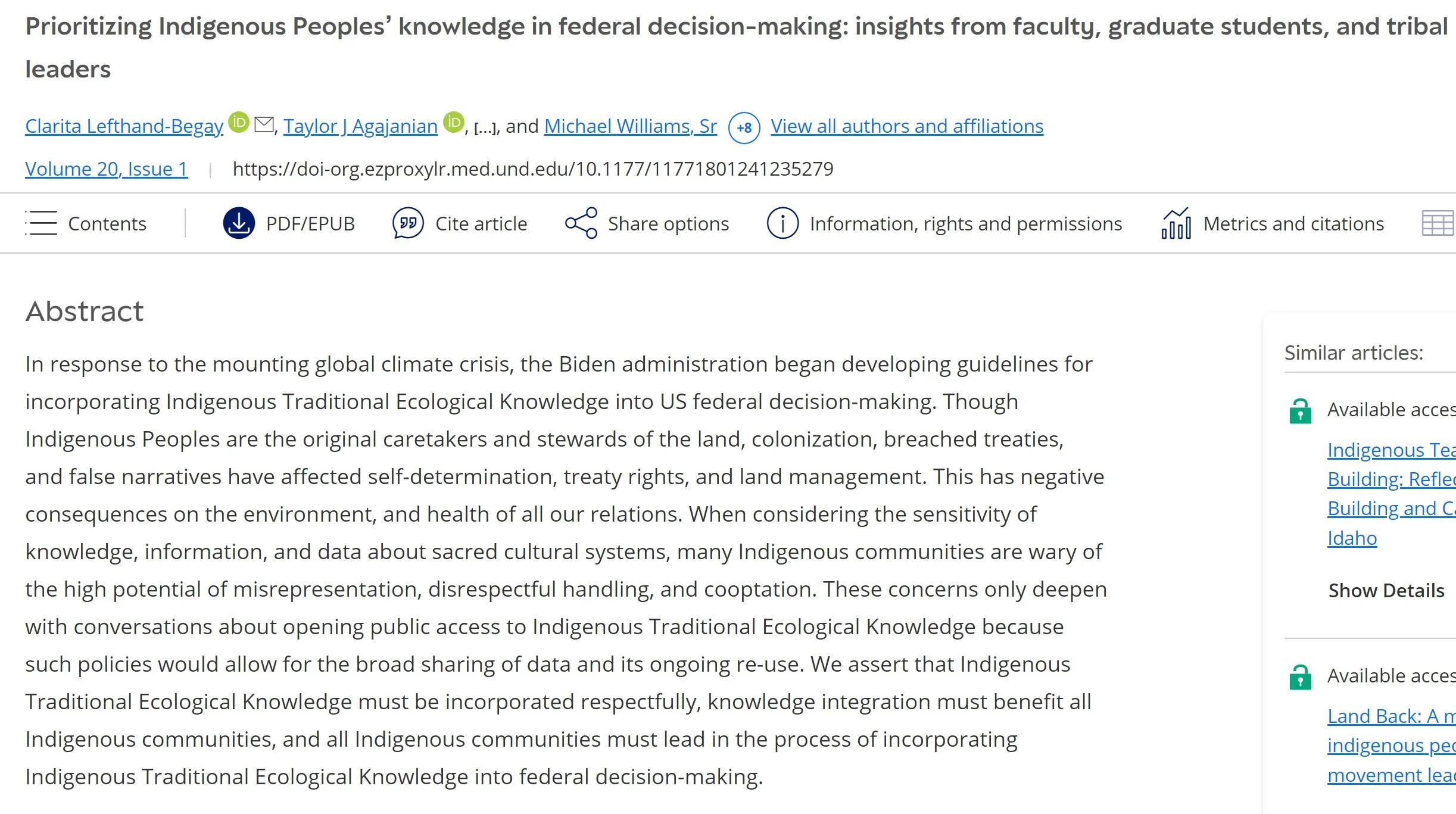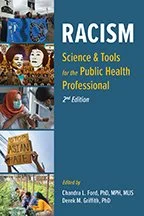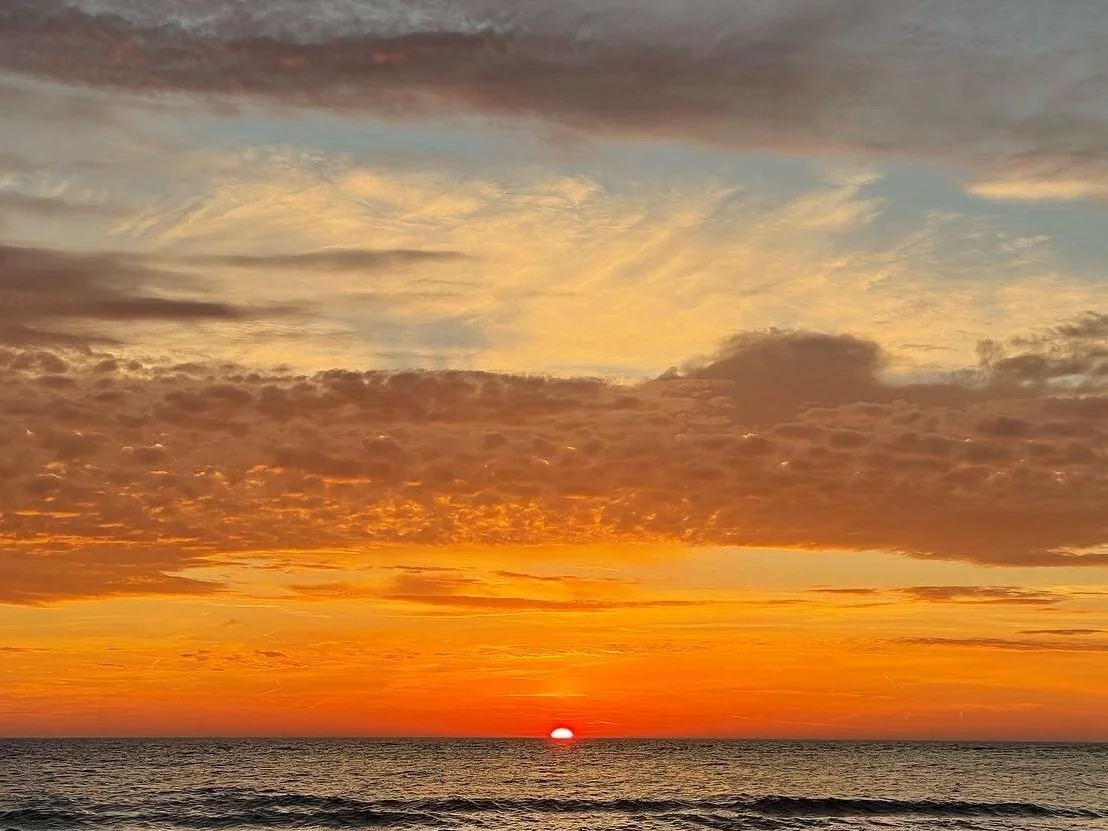Experience and Collaborations: Building Impact Through Expertise and Partnerships
Explore the professional journey, impactful projects, and trusted partnerships driving transformative change
Highlights of Work: Transforming Research and Evaluation into Sustainable Impact
Explore key projects that exemplify a commitment to culturally responsive research, strategic planning, and evaluation, all grounded in Indigenous knowledge systems and community engagement. These impactful initiatives demonstrate expertise in program evaluation, STEM liberation, conservation, and public health.
Why These Projects Matter
These projects reflect a dedication to blending Traditional Knowledges with modern practices to create impactful, culturally responsive solutions. From advancing racial equity and STEM liberation to supporting community resilience and public health, this work demonstrates expertise in delivering sustainable and actionable results for diverse organizations and communities.
STEM Liberation-Based Research in Indigenous Communities
Michigan State University Collaborated with an interdisciplinary team of Indigenous scholars to identify pathways for STEM liberation across systems rooted in Indigenous value systems and knowledge. This project emphasized creating equitable and sustainable educational frameworks for Indigenous communities navigating higher education.
Conservation Curriculum Development and Design
The Wilderness Society, Washington, D.C.
Reviewed and provided feedback on the Wilderness Society’s conservation curriculum through Indigenizing, decolonizing, and Pasifika methodologies. This work supports inclusive and culturally grounded approaches to environmental education.
Program Evaluation for Social Connectedness Among Older Adults
Greenwood Senior Center
Conducted a comprehensive evaluation to assess social connectedness among older adults. Developed surveys, managed and analyzed data, and provided actionable insights to strengthen community engagement and support services.
Advancing Racial Equity in Maternal Health
Family Ways, King County Public Health
Led a literature review and developed a conceptual model for advancing racial equity in maternal health programs. Conducted key-informant interviews and data analysis, culminating in actionable recommendations for a racial equity evaluation.
Telehealth Evaluation During COVID-19
Action Health Partners
Designed qualitative and quantitative surveys and facilitated interviews to evaluate a telehealth phone distribution program. Managed data and reported findings to enhance telehealth services during the COVID-19 pandemic.
Public Health Advisory for Infectious Disease Control
Centers for Disease Control and Prevention (CDC)
Provided health education and managed infectious disease control efforts, including contact investigations and data management during the COVID-19 pandemic. Developed strategic program plans and collaborated with state health departments to ensure public health safety and minimize disease transmission.
Current and Previous Collaborations and Partners
Curriculum Vitae and Contributions to the Field
With over a decade of experience in participatory research, I specialize in integrating traditional knowledge with modern solutions to address systemic inequities
For my most up-to-date CV, click the link here: Curriculum Vitae
Below is a list of select and updated contributions to the field:
Indigenous Culture-as-Health is the process of explicitly privileging Indigenous ways of knowing and being. As an Indigenous scholar-practitioner, my work is naturally led by the love of my homelands and community. Rather than focusing and centering deficit-focused methods, my work seeks to illuminate the strengths of our communities rooted in our heritage, legacy, and sovereignty through integrating Indigenous knowledge systems into prevention science and health policy development.
Yamane, CYEW & Helm, S. (2022). Indigenous Culture-as-Health: A Systematized Literature Review. Journal of Prevention 43 (2), 167 – 190. DOI 10.1007/s10935-022-00666-3.
This article exemplifies my work in policy development and advocacy, showcasing the integration of Indigenous knowledge systems and cultural sovereignty into federal decision-making to drive equity-focused solutions.
Agajanian, T., Carbajal, I., Duncan, C., La Torre, J., Lefthand-Begay, C., McCarty, M., Rose, J., Ruhm, R., Sheban, C., Yamane, CYEW., Williams, M. (2024). Prioritizing Indigenous People’s Knowledge in federal decision-making: insights from faculty, graduate students, and tribal leaders. AlterNative: An International Journal of Indigenous Peoples, 0(0). https://doi.org/10.1177/11771801241235279.
In this upcoming report, I co-authored multiple chapters in the Status of Tribes and Climate Change National Report, addressing co-management strategies, Indigenous data sovereignty, cultural interventions, and the intersections of climate change, environmental health, and Indigenous health. My contributions emphasize the integration of Indigenous knowledge systems to advance climate resilience, health equity, and sustainable solutions.
Jacobs, LA., Alexander, I., Andrés del Castillo… Yamane, CYEW., Zarama Alvarado, S.(2024 – In Press). Chapter 7: Indigenous-Led Conservation. Status of Tribes and Climate Change. Institute for Tribal Environmental Professionals 2.
Jacobs, LA., Alexander, I., Andrés del Castillo, E.… Yamane, CYEW., Zarama Alvarado, S.(2024 – In Press). Chapter 6: Political Challenges and Opportunities for Indigenous-Led Conservation. Status of Tribes and Climate Change. Institute for Tribal Environmental Professionals 2.
Avery, C., Azama, K., Duncan, A., GoingSnake… Yamane, CYEW. (2024 – In Press). Chapter 5: Seventh Generation: Youth Leaders in Climate Action. Status of Tribes and Climate Change. Institute for Tribal Environment Professionals 2.
Avery, C., Barnes, B., Barnes, J., Wanaseah,… Yamane, CYEW. (2024 – In Press). Chapter 2: Cultural Preservation and Revitalization in the Face of Climate Change. Status of Tribes and Climate Change. Institute for Tribal Environmental Professionals 2.
In the upcoming book, Indigenous Voices: Critical Reflections on Traditional Ecological Knowledge, I contributed and co-authored two chapters that explore the Native and University paradox, decolonization, data sovereignty, and the integration of Traditional Ecological Knowledge (TEK) into scientific research and academia to advance cultural resilience and Indigenous sovereignty.
Jacobs, LA, Yamane, CYEW (2024 – In Press). The Native and University Paradox. In L.A. Jacobs (Ed.), Indigenous Voices: Critical Reflections on Traditional Ecological Knowledge. Oregon State University Press.
Jacobs, LA., Yamane, CYEW, Hernandez, J., McAllister, T., Carlson, A.K., Fisk, J., Milligan-McClellan, K., Gazing Wolf, Sparks, J., Grenz, J., Avery, C. (2024 - In Press). A Critical Declaration of Decolonization and Indigenization for Scientific Research and the Academy. In L.A. Jacobs (Ed.), Indigenous Voices: Critical Reflections on Traditional Ecological Knowledge. Oregon State University Press.
I co-authored chapters in both editions of Racism: Science & Tools for the Public Health Professional, examining multilevel racism, historical trauma, and resilience in Native Hawaiian health. These works explore the impacts of systemic racism on health disparities and highlight culturally grounded strategies to promote health equity and community resilience. These contributions align with my expertise in Indigenous health, cultural interventions, and equity-focused policy development.
Yamane, C. Y. E. W., & Baumhofer-Merritt, N. K. (2024). Multilevel racism, historical trauma, resilience, and Native Hawaiian health. In C. Ford & D. M. Griffith (Eds.), Racism: Science & tools for the public health professional (2nd ed., Chapter 4). American Public Health Association Press. https://doi.org/10.2105/9780875533537ch04
Baumhofer, N. K., & Yamane, C. Y. E. W. (2019). Multilevel racism and Native Hawaiian health. In C. Ford, M. Bruce, & D. M. Griffith (Eds.), Racism: Science & tools for the public health professional (Chapter 19). American Public Health Association Press. https://doi.org/10.2105/9780875533049ch19
